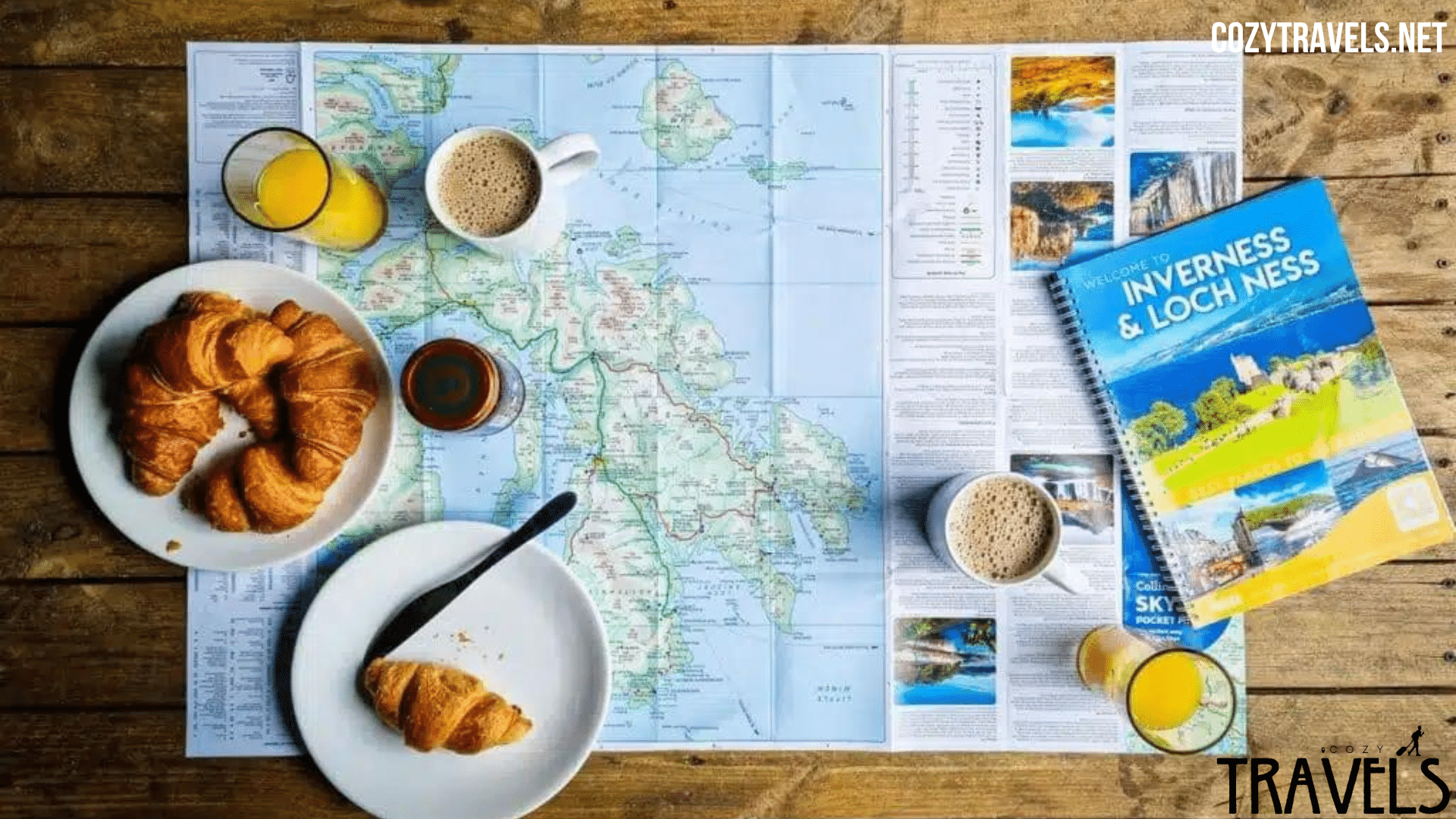Table of Contents
Planning a trip can be as exciting as the journey itself. Whether you dream of a beach vacation, a cultural city tour, or an adventurous expedition, organizing your travel effectively can turn a chaotic experience into a memorable getaway. This comprehensive guide will unlock the secrets of how to plan a trip like a pro with practical tips and strategies. Learn how to choose the perfect destination, save money on flights and accommodations, and create a foolproof itinerary. Prepare to transform your travel dreams into reality and make your next adventure the best yet!
Start Early
Trip planning involves several processes, and starting early is essential. Mark possible vacation dates on your calendar at the beginning of the year. Planning and scheduling vacation days around holidays or long weekends allows you to maximize your time off and make the most of your travels. This proactive approach helps you visualize the year ahead, ensuring you align your vacation with the best times to travel. Early planning also gives you ample time to book cheap flights, secure accommodations, and arrange rental cars, all while staying within your travel budget. Additionally, starting early allows for thorough research, helping you find the best deals and uncover hidden gems. Early trip planning is a key strategy for a well-organized and enjoyable vacation.
Define Your Budget
Any journey needs a well-defined travel budget as its base. Determine how much you will spend on transportation, accommodation, meals, activities, and gifts. By analyzing your budget, you can allocate money more wisely and prevent overspending. Start by listing all potential expenses and categorizing them. This will help you understand where your money is going and where you might need to adjust.
For transportation, research cheap flights, rental cars, and public transportation options to find the most cost-effective choices. For accommodations, compare prices across different platforms and consider alternatives like hostels or vacation rentals. Meals can vary greatly, so plan for a mix of dining out and self-catering to balance your budget. Activities can add up quickly, so prioritize the ones that are most important to you and look for free or low-cost options as well.
It’s also important to account for emergency savings in case unexpected expenses occur, such as medical emergencies or last-minute plan changes. Setting aside an emergency fund ensures you won’t be caught off guard and can handle problems without financial strain.
Choose Your Destination

Choosing the appropriate location is essential. Consider your interests, the ideal time to visit, and nearby events. Research is important whether you’re traveling abroad or just around the country. To obtain information, consult travel guides, social media, and blogs. Travel websites like TripAdvisor and Lonely Planet can offer valuable information about top attractions, restaurants, and lesser-known secrets.
Planning Checklist
Make use of a planning checklist when you plan a trip, and that guarantees that no aspect gets missed. Here’s a thorough list to get you going:
Research destinations and activities
Establish a travel budget.
Verify the requirements for passports and visas.
Organize affordable travel and lodging.
Make rental car arrangements if needed.
Make a packing inventory.
Get travel protection.
Create a schedule.
Save Cash
Although traveling might be costly, there are methods to cut costs without sacrificing the experience. Use comparison websites to find low-cost flights, make reservations for housing in advance, and consider alternate lodging choices like hostels or holiday rentals. Additionally, there are big financial savings when taking public transit rather than a cab. Think about visiting in the off-season, when airfares and hotel rates are typically cheaper.
Here are also some of the details of the important things to consider, such as how to manage your cash while you are traveling; go and check out this, and have a happy trip.
Booking Flights and Accommodation

Finding inexpensive airfare requires flexibility and effort. Use tools to compare flights and create fare alerts to monitor costs. It’s common to get the best deals when you book early. Consider your preferences while choosing a place to stay, such as whether you want a fancy hotel or an inexpensive hostel. Websites such as Booking.com and Airbnb offer a variety of possibilities, serving all budgets. To guarantee a happy visit, remember to read reviews and ratings.
Vacation Scheduler
An efficient time manager can be a vacation scheduler. Schedule your everyday tasks, but leave time for innovation. A well-planned schedule, whenever you plan a trip, guarantees that you maximize your experience without feeling hurried. Set aside time for relaxation and unforeseen discoveries, and prioritize the must-see sights.
Packing Tips
Packing smart can help your trip go more smoothly. Use packing cubes to minimize space and arrange your belongings. Make a thorough packing list to ensure you remember things like batteries, prescription drugs, and travel paperwork. The destination’s climate and culture should also be considered when packing. Not only does light packing facilitate travel, but it also makes room for memories.
Journeying Abroad

International travel necessitates extra planning. Make sure the validity of your passport extends at least six months after the dates of your trip. Verify your visa needs and apply as soon as possible. Learn the languages and customs of the area, and think about getting your phone a local SIM card. To prevent any problems with your credit or debit cards, it’s also a good idea to let your bank know about your travel schedule. if you are traveling to Europe, you have to look at this article and you’ll find insights and tips for discovering hidden gems throughout Europe, making your journey smooth and memorable.
Save Money, Time, and Ensure a Smooth Journey
Organizing your travel will help you save money and time. Use social media for recommendations and navigational aids like Google Maps. A thorough strategy gives everything structure but also leaves room for flexibility. Think about organizing your travel-related paperwork, reservations, and plans into a digital folder for easy access.
Learning to travel well requires foreseeing requirements and being ready for unforeseen circumstances. Effective packing and prudent budgeting are only two of the many steps that make a trip successful. Remember any travel warnings and health advice specific to your destination to guarantee a safe journey.
Learn how to organize a vacation by doing homework, learning about the area’s customs, and being ready for any eventuality. Careful planning decreases anxiety and improves the trip experience. Maintain copies of all significant papers and prepare an emergency plan.
Conclusion
A well-planned journey requires a balance of organization, flexibility, and study. If you adhere to the advice provided in this guide, you’ll be ready for any trip ahead of you. Whether traveling alone, with loved ones, or with friends, a thoughtfully organized trip guarantees an exciting and unforgettable experience. Thus, begin planning as soon as possible, use this advice as a guide, and discover the keys to a happy adventure!

